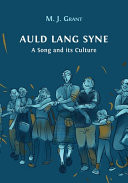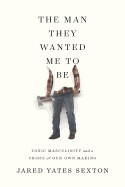Frustrating, I‘m in total sympathy with the message here but the author seems to be the kind of liberal centrist who rightly points of the despicable nature of the Republican Party while never acknowledging the willful complicity of the Democrats. He gets a lot right here but that overall tone weighs the book down considerably.


















